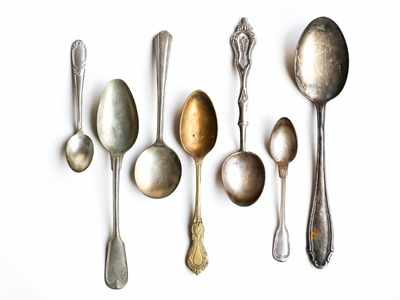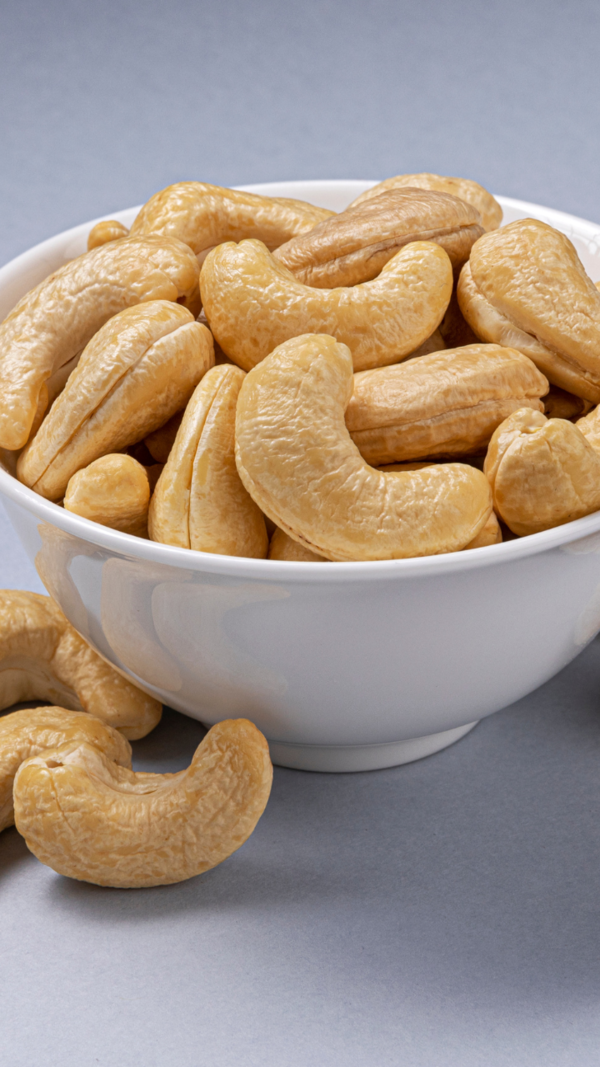- News
- lifestyle
- health-fitness
- diet
- Should you use a small spoon or a big spoon to avoid overeating?
Trending
This story is from April 4, 2020
Should you use a small spoon or a big spoon to avoid overeating?
There might be spoons of all shapes and sizes available in your kitchen. You probably might not discriminate amongst them and pick randomly while laying the table. But do you know that size of the spoon plays an important role in determining how much you eat?

There might be spoons of all shapes and sizes available in your kitchen. You probably might not discriminate amongst them and pick randomly while laying the table. But do you know that size of the spoon plays an important role in determining how much you eat?
There have been several studies done to see whether a small spoon or a big spoon should be used in order to avoid overeating.Here are some abstracts from a study published in the British Journal of Nutrition. The study has been conducted by people from The National Center for Biotechnology, USA.
The study was done to find out whether spoon size helps with food portion control or not. The investigation was done by conducting two studies with people based in Finland. In both the studies, subjects consumed a porridge breakfast and were told to eat until they felt full.
The first study involved subjects consuming porridge breakfast with instructions to eat until they were comfortably full. Necessary precautions were taken to ensure no distractions while eating. Some were given big spoons while some were given smaller ones. The subjects from the first study ate until half or three-quarters of the bowl was consumed.
The subject ate meals in front of a mirror, and they were provided with the instructions slip which said “eat until you finish the bowl”. Each subject was observed, and their time was recorded when they took spoonful from the bowl.
Findings:
There have been several studies done to see whether a small spoon or a big spoon should be used in order to avoid overeating.Here are some abstracts from a study published in the British Journal of Nutrition. The study has been conducted by people from The National Center for Biotechnology, USA.
The study was done to find out whether spoon size helps with food portion control or not. The investigation was done by conducting two studies with people based in Finland. In both the studies, subjects consumed a porridge breakfast and were told to eat until they felt full.
The first study involved subjects consuming porridge breakfast with instructions to eat until they were comfortably full. Necessary precautions were taken to ensure no distractions while eating. Some were given big spoons while some were given smaller ones. The subjects from the first study ate until half or three-quarters of the bowl was consumed.
During the second study, subjects were also seated in a booth with minimum distractions during the meal. The subjects weren’t told the reason behind the study being conducted. They were told between their meals that the study looks at the subjective appetite with respect to different spoon size.
The subject ate meals in front of a mirror, and they were provided with the instructions slip which said “eat until you finish the bowl”. Each subject was observed, and their time was recorded when they took spoonful from the bowl.
Findings:
- The main findings from these two studies were that people who ate with small spoons took more spoonfuls, more time and more bites to finish the standardized meal.
- This means that the bite size and mean eating rate are both lower when using a small spoon to eat.
- Thus, eating with a small spoon makes you eat lesser proportions while eating with a big spoon makes you eat more than required.
- If you want to eat lesser proportions, then your pick should be a small spoon rather than a big spoon.
End of Article
FOLLOW US ON SOCIAL MEDIA









